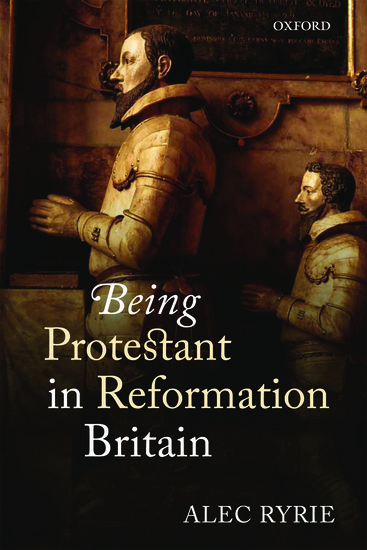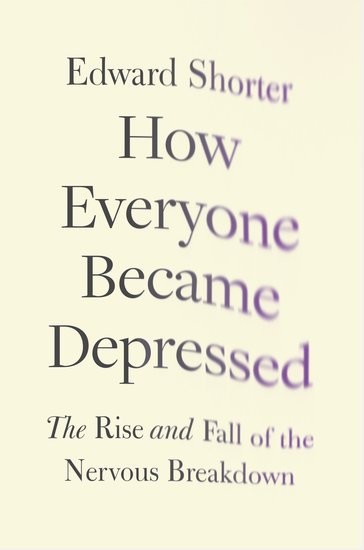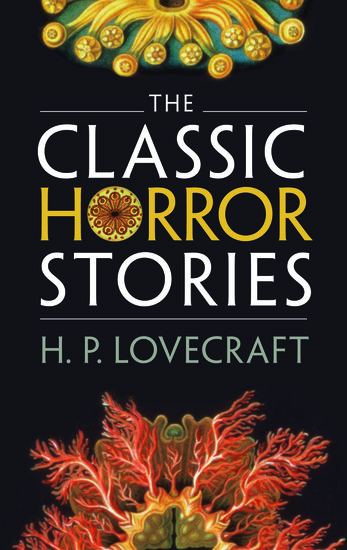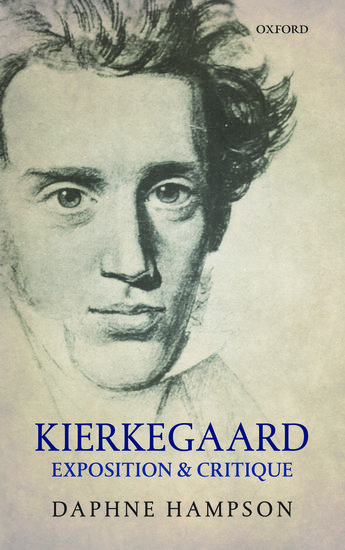Humor in the New Testament
By Leonard J. Greenspoon
For many people, religion is serious business which rules out any positive connection between belief and humor. For them, humor connected to religion is humor directed, in a negative and derisive manner, against religion. If this is true for religion in general, then the disconnect between the Bible and humor in particular would be especially well defined.
















